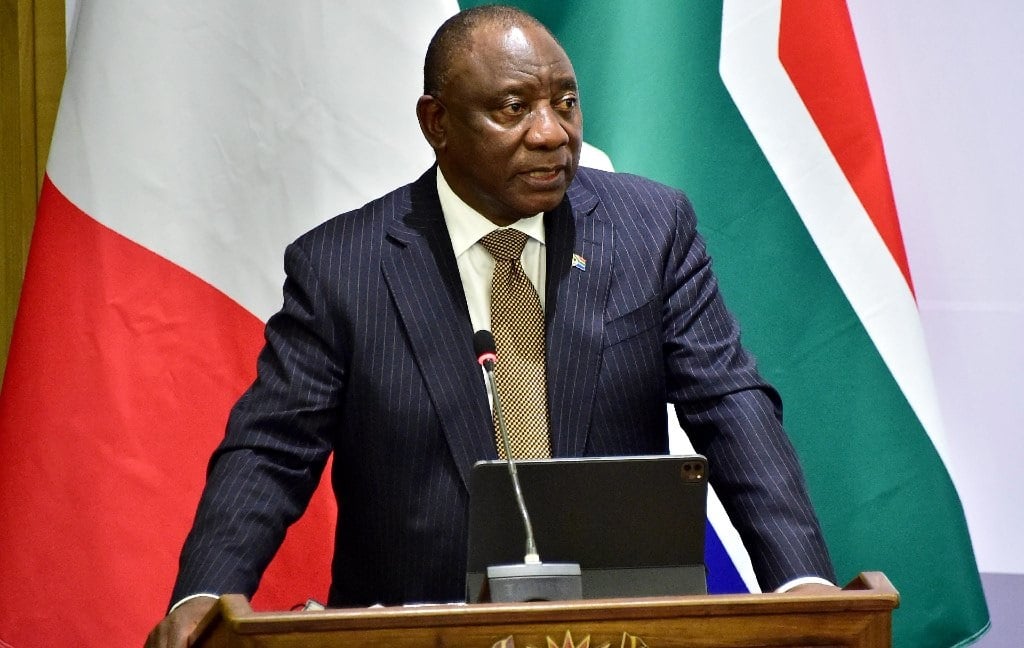
- The president has spoken about the 60th anniversary of South Africa becoming a republic.
- On 31 May 1961, South Africa left the British Empire.
- The anniversary falls in the same month as the adoption of the democratic Constitution post-1994.
President Cyril Ramaphosa has marked the 60th anniversary of South Africa becoming a republic, saying it is an "event in our history that most South Africans would rather not remember".
On 31 May 1961, apartheid South Africa became a republic, cutting its ties with the British Empire. The republic's constitution was "written by and for a racial minority, and it used faith to justify tyranny".
He said:
Becoming a republic did not create a united people, Ramaphosa said.
"We were inhabitants of a country where one's rights, prospects and life expectancy was determined by one's race. For two decades, the Republic of South Africa Constitution Act of 1961 was the legal impetus for the repression of nearly ninety percent of the South African population. It provided legal cover for discrimination, dispossession and exploitation."
The anniversary takes place in the same month as that of the adoption of the Constitutional Assembly of the democratic Constitution, which took place 25 years ago.
'Everyone is equal before the law'
This "became the birth certificate of a real united nation", the president said.
"Together, we have chosen for ourselves a system of government that gives true meaning to the concept of a republic. We have said that in our democratic republic, everyone is equal before the law and has the right to equal protection and benefit of the law," he wrote.
He continued:
Although the apartheid regime was confident it would endure, "no system that entrenches the systematic denial of people's rights can be sustained", said Ramaphosa.
"As we mark the anniversary of the adoption of our democratic Constitution, let us remember what a decisive break it was with the system underpinned by racism, exploitation, dispossession and oppression that had come before.
"Let us also remember that it is up to us to make the vision contained in our Constitution a reality. For it is only by ensuring that all South Africans are able to freely and fully exercise their constitutional rights, that we will truly become a united people," he concluded.
